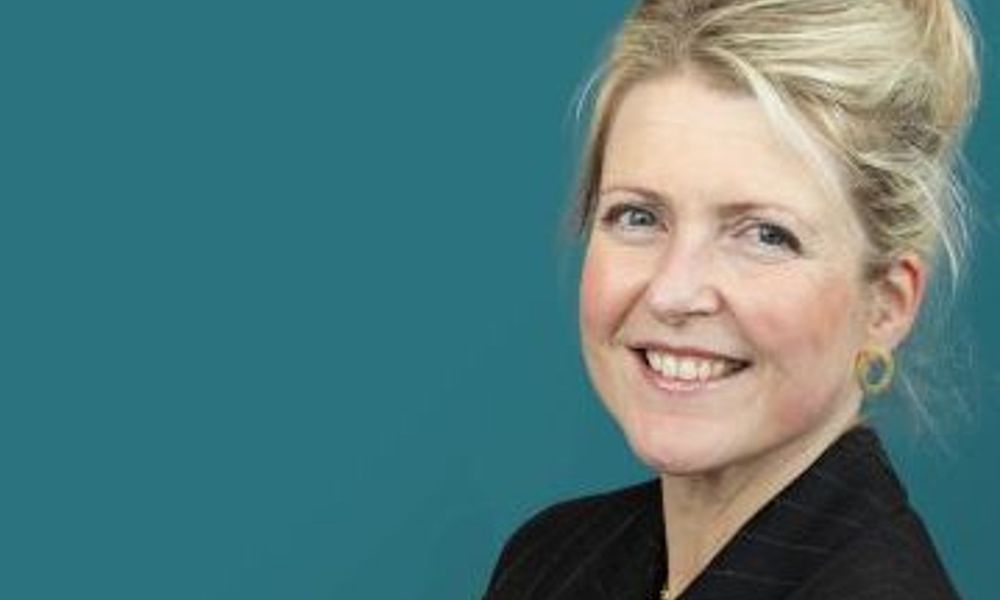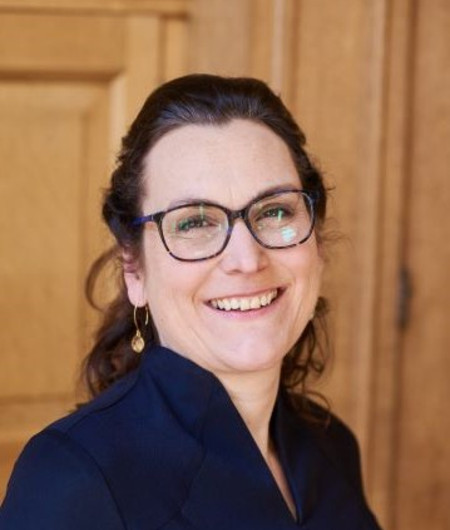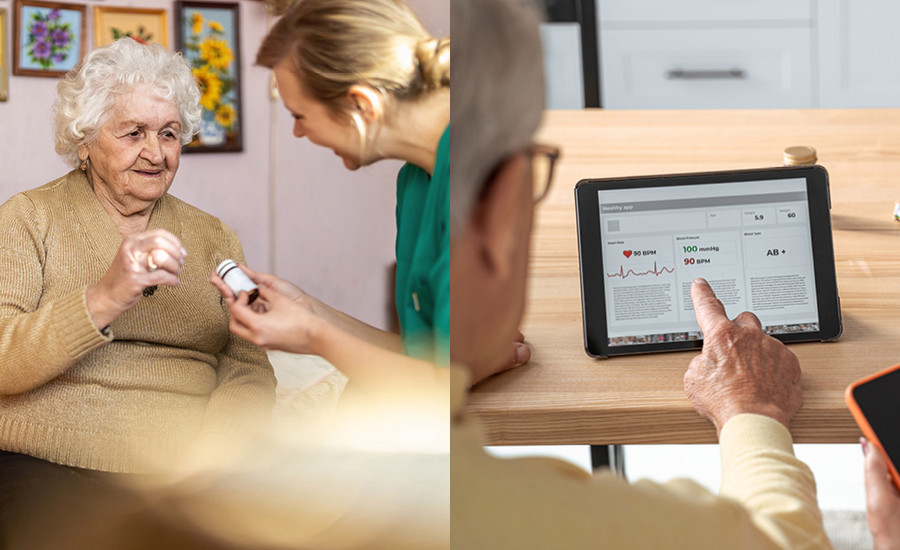MONDAY can be a basis for a national approach to malnutrition
- Research stories


Malnutrition occurs quite frequently, also in the Netherlands. People can become malnourished due to illness or its treatment or due to symptoms associated with the aging process, such as a loss of appetite. Often people are not aware of this themselves.
Dieticians have noticed for some time that when they are asked to treat a patient, that they are already severely malnourished sometimes. This made them wonder: are we called in on time? There were really no ways to demonstrate this clearly. Little was known about the course of nutritional intake and nutritional status during dietary treatment either, even though there is a great need for this in practice. This is why MONDAY was set up.
Not everyone knows exactly what malnutrition is. We think that the Netherlands is so prosperous that malnutrition does not occur here. But you can also be overweight or not lose any weight and still be malnourished. ‘And malnutrition affects almost every process in your body,’ says Martine Sealy, a researcher at MONDAY. 'So your muscle strength and daily functioning can deteriorate, but you can also become cognitively weaker. And depressive symptoms can also be related to malnutrition.'
In 2018, the questions from the dietician practice were submitted to the research group Healthy Ageing, Allied Health Care and Nursing and FAITH research. In January 2019, the new national Malnutrition Guideline was published. 'It was as if everything came together at the right time for this research,' says Martine. A team of researchers and dieticians set to work on the question of what exactly the added value of the dietician is and how you can demonstrate this. They wanted to map the course of nutritional intake and nutritional status during first-line dietary treatment in case of malnutrition (risk of malnutrition). So, to what extent does the dietetic treatment ensure that the patient recovers from malnutrition? Martine: 'Within three months, we had prepared the entire study. The protocol, the software, the terms and conditions of the medical ethics advisory committee. It was a very intensive period, but it was great that everything went so smoothly. Everyone was very enthusiastic and that really made a difference. The dieticians think this is an important topic that they would like to contribute to.'
The question about the added value of the dietician in the treatment of malnutrition came from Diëtisten Groep NL, where Melissa Zantinge works as a dietician and practice manager. This also became the first practice to participate in MONDAY. Melissa: 'The contacts with the Hanze were already there, students regularly do internships with us. So the contact with professor Harriët Jager-Wittenaar and Martine was quickly made. We saw more and more that clients were already severely malnourished. After a twelve-week diet treatment, we did see a clear difference, but we wanted to know if we could objectively demonstrate the value of our dietary advice for malnutrition. This would provide us with a good basis for a plea to health insurers to expand the number of hours of dietary treatment that are reimbursed in primary care. Within Dietetics, we now have three hours per client per year to provide a dietary treatment and that is not always enough. If people then have to pay for it themselves, this can be a big barrier. And that can affect the quality of the treatment. Now we can clearly demonstrate the benefits of more hours of dietary treatment.’
It was always thought that it was very difficult to collect unambiguous data from dietician practices, because they all work separately from each other. But it turned out to be possible after all. Martine: 'A company made some adjustments to the software for us, which meant that dieticians could continue to work with the programmes they were already using. But at the same time, they provided unambiguous data, so that we could make comparisons between practices.' With the cooperation of partner Nutricia, a network of dietician practices throughout the country could be approached and this is how the practical research was set up. This also meant a quality improvement in the working methods of dietician practices on malnutrition.
Harriët Jager-Wittenaar, lecturer Malnutrition and Healthy Ageing and programme leader of MONDAY: 'With MONDAY, we think we have a blueprint for treating malnutrition in a uniform way nationwide. The data that dieticians collect in their daily practice provide very good insight into how the nutritional status of the client changes with a diet treatment. In order to collect this data, we had to ensure uniformity in dietary treatment between the different dietitian practices. The dietician still provides an individual and personalized dietary treatment, based on the possibilities and wishes of the client. However, the MONDAY method does stipulate, for example, how intake and nutritional status are determined. The contact moments with the client have also been recorded. For a number of dieticians, this meant intensifying the number of contact moments with the client in the first three months. They indicate that this has resulted in optimisation of their dietary treatment, which means that this research has a direct impact on their daily practice. It has also been found that half of the patients are already severely malnourished at the start of the treatment. We didn't expect this number to be so high. This is an important finding, which gives rise to follow-up research. All in all, we gained so many more insights than we expected at the start of the study. The results of MONDAY provide a good basis for tackling malnutrition even better nationally.’
Melissa: 'People come to us because, for example, they are tired, lose weight and no longer have an appetite. Often, they don't associate these things with malnutrition at all. And it's something that makes it easy to get into a vicious circle: you get more tired, take even less care of yourself, stop shopping, cook less and eat less. It's a situation that people really need to be taken out of. It's not something that will solve itself.'
The impact of this research is clearly felt by clients and dietitian practices. They now have concrete data with which the added value of the dietician can be substantiated. Treatment of malnutrition by a dietician appears to be very beneficial for both client and dietician. Harriët: 'Working according to the guidelines shows that clients with a diet treatment improve considerably after twelve weeks. However, thanks to MONDAY, we now also know that for some of the clients, the nutritional problems have not disappeared after those first three months. This means that, unfortunately, three hours of dietary treatment is not enough for every client.'
MONDAY not only has an impact on clients and dieticians, but also socially. Harriët: 'With the insights from MONDAY, we were able to contribute to the Social Return of Investment (SROI) analysis for a cross-domain network approach to malnutrition. This SROI analysis has shown that a joint approach to malnutrition leads, among other things, to an improvement in the quality of life and a saving in healthcare costs.'
Melissa was surprised by the enthusiasm of her colleagues who participated in MONDAY. 'Research can sometimes be a bit stressful for practitioners,' she says. 'You don't know what it's going to mean for the way you work, for example. But still, many practices have joined. We have experienced good support from Harriët, Martine and Nutricia. A great collaboration, which as far as I'm concerned yields a lot. We now have research results that we can use. And I also see that the students, dieticians in training, are working with the Malnutrition Directive, something that also benefits the professional practice. That's how you can help each other move forward.'

Lector Malnutrition and Healthy Ageing
Petrus Driessenstraat 3, 9714 CA Groningen

Onderzoeker lectoraat Healthy Ageing, Allied Health Care and Nursing
Petrus Driessenstraat 3, 9714 CA Groningen

Wil je meer weten over het lectoraat Healthy Ageing, Allied Health Care and Nursing?
Klik hierHow satisfied are you with the information on this page?